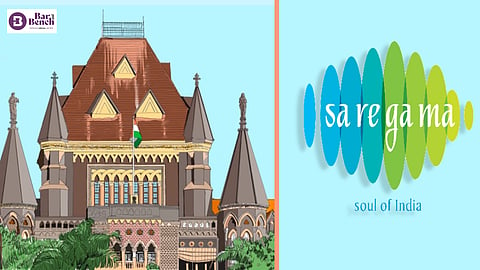
- News
- Columns
- Interviews
- Law Firms
- Apprentice Lawyer
- Legal Jobs
- हिंदी
- ಕನ್ನಡ

The Bombay High Court recently refused to restrain the release of Zombivli, a film produced by Saregama India, in a copyright infringement suit filed by a filmmaker (Tarun Wadhwa v. Saregama India Ltd & Anr).